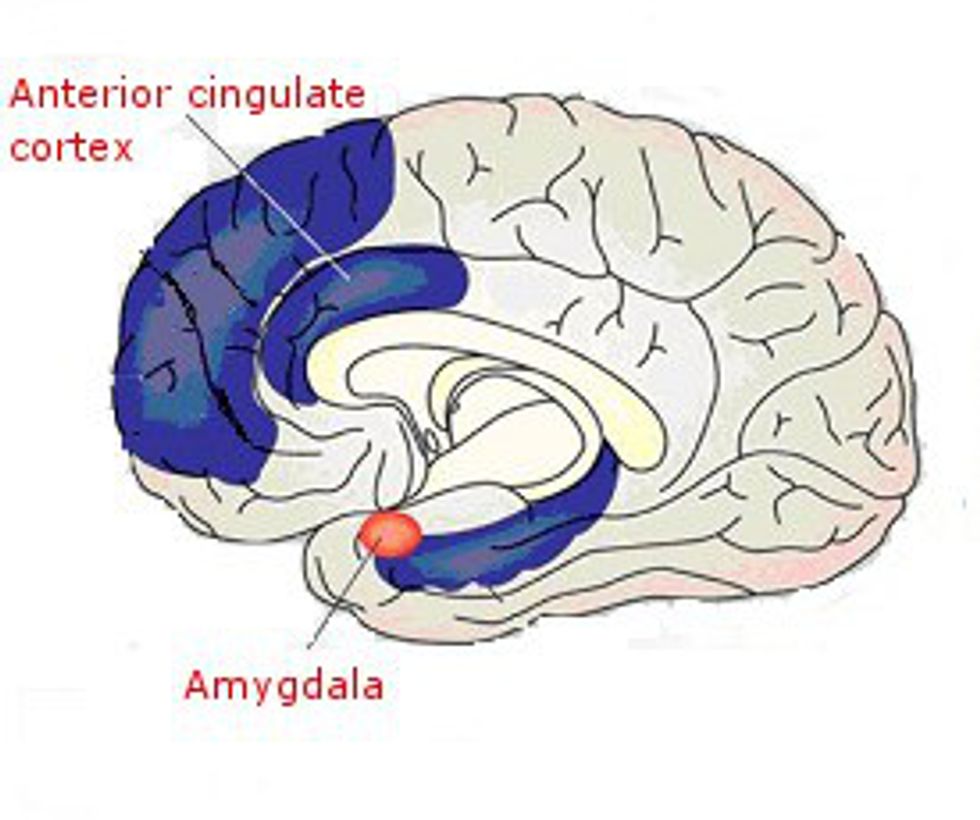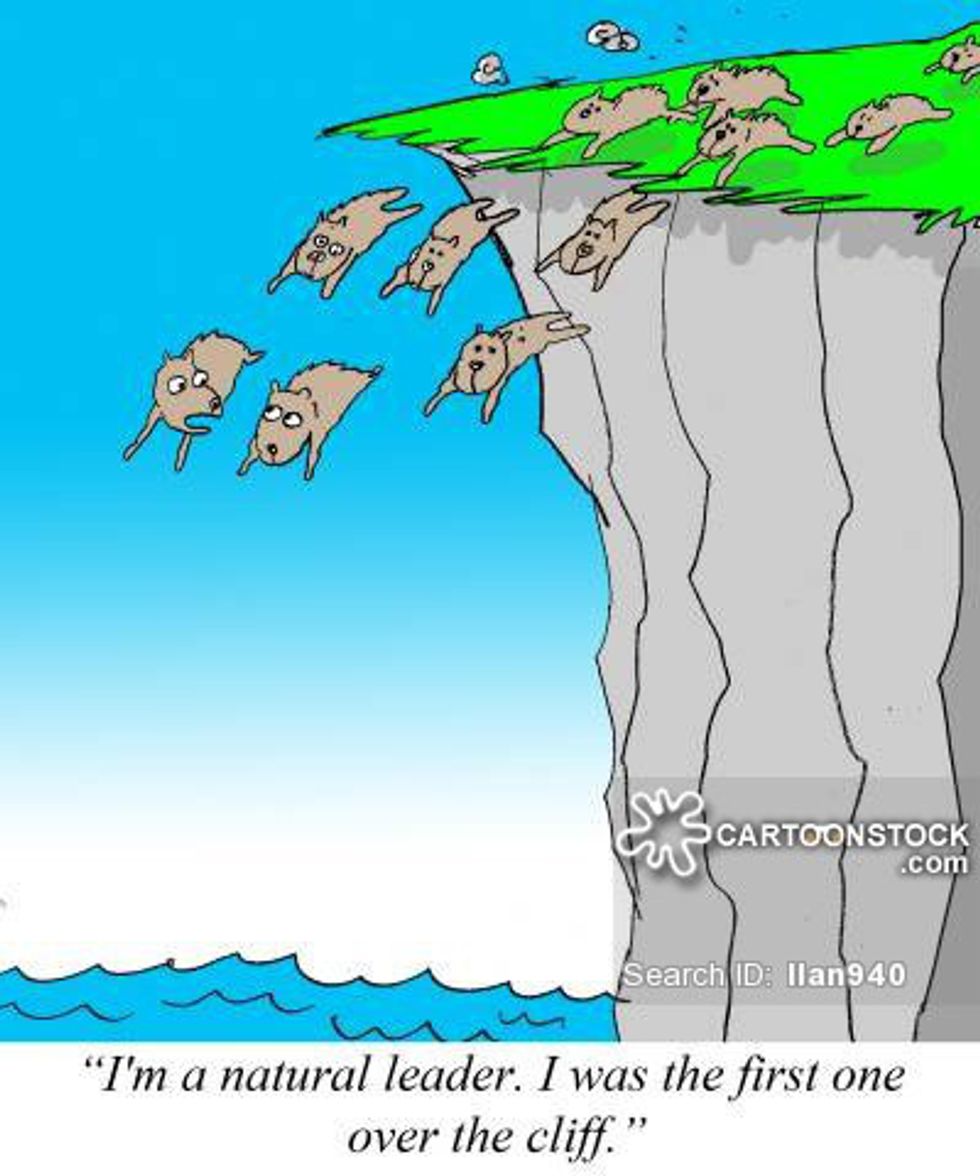So, it's that time of year. We're all watching the election cycle closely to see who is about to become the nominee for each party. Our social media is filled with different people with different opinions and quite frankly, we're all getting tired of seeing everyone attack each other. What makes us so angry when someone doesn't agree with us? What makes us all so different from each other?
Turns out, there are actually different brain structures associated with being a liberal and being a conservative, and these structures actually explain some of the characteristics we associate with the various positions on the political spectrum.
Sounds crazy, right? You develop your views on politics after you're born, so how can your brain be different from someone's whose opinion differs from your own based on political difference alone? Does this mean that politics are a part of your genetics? Well, not exactly. These studies show a correlation between your position in the political spectrum and the structures of your brain, not causation. That is to say, brain structure does not necessarily cause a certain political stance.
So what are these differences?
According to a study done at University College London using 90 students, the students who associated themselves as liberals tended to have a larger anterior cingulate cortex (ACC). The ACC is responsible for cognitive tasks such as handling decisions and dealing with conflicts. Those with a larger ACC are therefore better suited for handling conflicting information and making decisions regarding this information, which may be why liberals are more tolerant of change and conflict, giving them their more liberal views. On the other hand, students who considered themselves conservatives tended to have a larger amygdala. The amygdala is associated with emotional reactions, including disgust, fear, anxiety, and aggression. This suggests that conservatives are more susceptible to process new or conflicting information with more emotion, which in turn would lead them to make decisions that would lead to stability rather than change. Change might trigger more emotional responses, such as anxiety, so they tend to avoid this and adopt the more conservative views.
And emotion is exactly what's been fueling Donald Trump's campaign.
Donald Trump's support is partly due to mob mentality. What is mob mentality? In a group setting, people tend to lose their sense of self; being surrounded by others results in people engaging in social behaviors that they may not necessarily conduct on their own. And this is exactly what is going on at Trump's rallies. Trump's supporters are currently unhappy with the current president and his policies, and Donald Trump is giving them a chance to let out their emotions. We now know that there is a correlation between conservatives and emotion, which potentially contributes to the emotionally charged atmosphere at Trump's rallies. This is where mob mentality kicks in. Trump channels the supporters' emotions, and even people who may not necessarily agree with him on all fronts will get swept up with the crowd and eventually start supporting him fully. Of course, this isn't the case for all of his followers, but there certainly are a good amount of people under this mob mentality.
And this is what makes him such a dangerous candidate.
Trump knows how to channel all of the rage and other emotions exhibited by his supporters. And because of mob mentality, they don't care about all of the things he does. They don't care about the hateful comments he makes. They don't care about what other people say about him. He makes vague statements about policies, and the crowd eats it up. He makes sure that he fuels their energy, which only encourages his supporters. He gives the people someone to blame for the current problems in the United States, and the crowd loves it. But that's just it. He is not suggesting any solutions to the problems; he is merely pointing fingers at someone else, and the crowd is following him. And this encouragement can lead to the violence and racism that we see at his rallies. As the study mentions, conservatives tend to react more emotionally to certain information, and one of these emotions is aggression, which we've definitely seen from both Trump's supporters and Trump himself.
Mob mentality is truly a powerful state of mind. Under this effect, most people identify themselves as a part of the group and not as individuals anymore. And if these people believe that their actions cannot be traced back to them, then they can indeed break from the social norms and resort to violence. As Friedrich Nietzsche said, "In individuals, insanity is rare; but in groups, parties, nations, and epochs, it is the rule." So don't let mob mentality get the best of you during this election season.



























